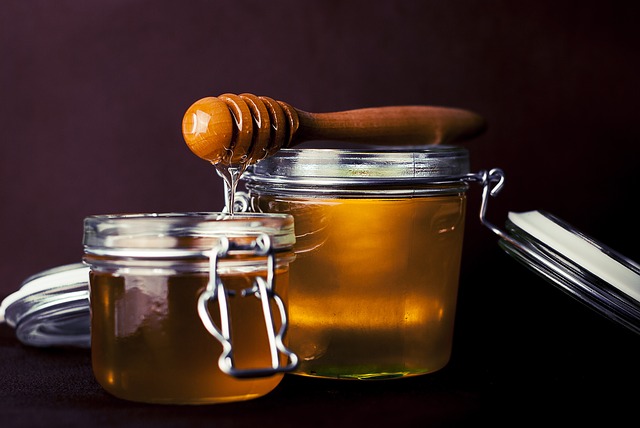By Lynda Kiernan
TruTag Technologies, a developer of product identity and traceability solutions, has closed on a $7.5 million Series C backed by Pangaea Ventures and Happiness Capital. This round brings TruTag’s total funding to-date to $25 million.
Focused on ensuring the security, safety, and quality of foods, pharmaceuticals, and other products, TruTag develops and manufacturers invisible, edible barcodes called TruTags® that can be incorporated directly onto products to strengthen transparency throughout supply chains.
These TruTags® are made of a nano-porous silica that has received GRAS (generally recognized as safe) status from the U.S. Food and Drug Administration (FDA). They are scanned with hyperspectral imaging technology, an imagery method that can gain knowledge of where a product was made, its lot number, its authorized distributors, and safety information.
Food is currently the fourth biggest counterfeit market in the world, with olive oil, fish, honey, vinegar, coffee, and vanilla being the top targets, according to the 2016 Brand Protection and Product Traceability Market Research Report. In the U.S. alone, this activity has been determined by the Grocery Manufacturers Association to cost the industry between $10 and $15 billion per year, and in the EU counterfeit wine and spirits cost the economy €2.7 billion (US$3 billion) per year, according to the European Union Intellectual Property Office (EUIPO).
Conditions such as these in global food supply chains have made TruTag’s technology more relevant than ever.
“We are thrilled to be partnering with TruTag,” said Eric Ng, managing director, Happiness Capital. “Their team is amazing, and their unique technology solution offers a clear answer to the anti-counterfeiting challenges that the food, pharmaceutical and many other sectors face.”
“Happiness Capital brings to TruTag deep expertise in the global food and health products markets,” said Michael Bartholomeusz, PhD, CEO, TruTag Technologies. “These are markets that ideally leverage our pioneering technology platform.”
“We believe TruTag’s edible barcode technology will help increase consumer confidence and ultimately save lives,” said Matthew Cohen, director of technology for Pangaea Ventures. “TruTag is making our world better by utilizing compelling advanced materials and advanced material process innovations to combat rising problems such as drug counterfeiting.”
TruTag, whose clients include PwC, which uses its barcodes as part of its Food Trust Platform program for beef exports out of Australia, plans to use the capital from this round to advance the development and commercialization of its technology, and to advance new solutions through its pipeline.
Eat Up
TruTags is not the only startup using edible technology to increase traceability and safety in the food supply chain. In October of last year, S2G Ventures and Bunge Ventures, the venture capital arm of Bunge Limited, led a $10 million equity financing round for SafeTraces.
Founded in Pleasanton, California, in 2015, SafeTraces is a provider of on-food safety solutions using FDA-approved, food grade DNA technology that enables complete traceability and sanitation verification. To accomplish this, the company employs SafeTracers™ – edible, flavorless, and invisible DNA barcodes that are applied directly on or with food items instead of food packaging.
However, edible food-tech is a new frontier, and one that, when manifested in different ways, has the ability to completely revolutionize the entire supply chain from farm to fork.
In July of last year, Apeel Sciences announced an impressive $70 million in new funding led by Viking Global Investors and including Andreessen Horowitz, Upfront Ventures, and S2G Ventures, among other unnamed participants.
Across the U.S. market alone, the retail sector generates eight million tons of waste per year through distribution centers and stores, representing a loss of $18 billion. In addition, U.S. households throw away more than 400 pounds of food per person per year, losing an average household of four $1,800 annually, according to Apeel.
To combat these numbers, the company has developed a method for extracting molecules from organic agricultural waste and byproducts – such as grape skins that remain after wine production processing, or banana peels, leaves, or stems left over after harvesting – to create undetectable edible barriers derived from natural plant extracts. These barriers significantly slow the process of decay of fresh produce, making each piece of fruit its own microclimate and extending shelf life without refrigeration, a controlled atmosphere, or preservatives.
Although taking different approaches, all of these companies developing edible technology are working toward the same goal of increasing the safety and quality of the foods we buy and consume.
– Lynda Kiernan is Editor with GAI Media and daily contributor to the GAI News and Agtech Intel platforms. If you would like to submit a contribution for consideration, please contact Ms. Kiernan at lkiernan@globalaginvesting.

